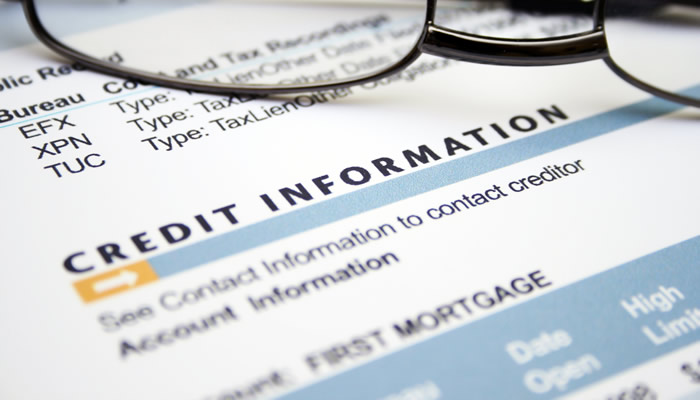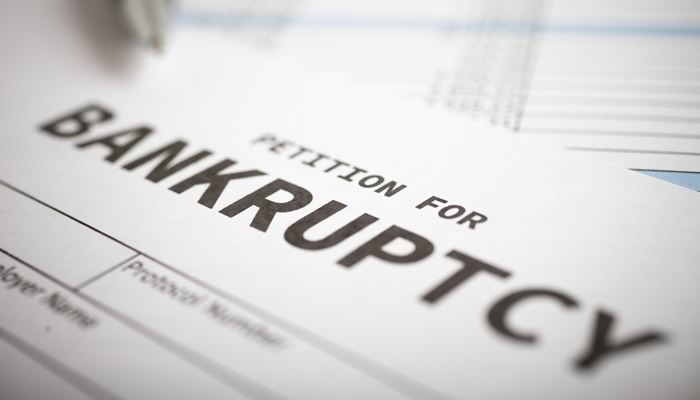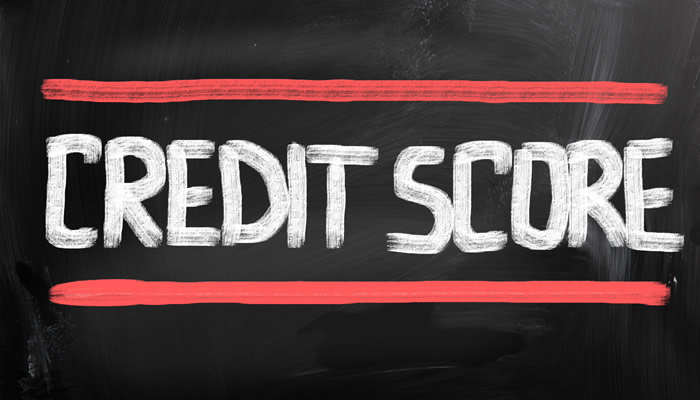Should I Pay to Use Credit Repair Services?
Poor credit can have a negative impact on your life. If you aspire to ever own a home or car, building and maintaining a good credit score is essential. Having a less-than-stellar credit score can lead to paying a higher interest rate, or worse – having your credit application denied.
What if your credit score is already in bad shape? For instance, you’ve failed to repay a loan or filed for bankruptcy. There are credit repair services that promise to improve your poor credit score in exchange for a fee. Is this money well spent or are these companies making promises they can’t keep?

The Sales Pitch
There are countless credit repair service companies on the World Wide Web that promise to improve your credit score. The sales pitch goes something like this: the credit repairer will repair your credit score on your behalf, for a fee. Credit repair is typically a three step process.
- You’ll need to start by obtaining a copy of your credit report from the major credit reporting agencies in Canada: Equifax and TransUnion. With your credit report in hand, you’ll forward a copy to the credit repairer.
- The credit repairer will carefully review your credit report for any mistakes or inaccuracies. The repairer will recommend anything that should be disputed.
- The credit repairer will contact the credit reporting agencies on your behalf to correct any mistakes or inaccuracies they come across.
The Promise
Credit repair companies promise results, but can they really deliver? Most promise to remove errors and “bad items” from your credit report. While these services can assist you in removing an error on your credit report, no credit repairer can change or erase accurate information on your credit report.
Some repairers go as far as making the false promise of removing negative credit information, including bankruptcies from your credit report. Instead of repairing your credit, you’re more likely to find yourself further in debt.
Know Your Rights
Consumer repairers are often fly-by-night operations. Instead of improving your credit score, the only thing they’ll do is help you part with your cash. As a consumer you have legal rights when dealing with agencies. In Ontario, the Ministry of Government and Consumer Services provides the following rights:
- It’s illegal for credit repairers to accept advance payment, security for payment or to charge a fee unless their services cause a material improvement to the consumer’s credit file. For example, if an amount owed by one consumer appeared on the wrong person’s credit file, a correction of that information achieved through the efforts of the credit repair company would be a material improvement.
- It’s illegal for a credit repairer to represent that they can cause a material improvement to a consumer’s credit file before examining the consumer’s consumer report.
- Consumers have a 10-day cooling-off period, which begins from the time they receive a copy of the agreement that meets the requirements of the act. If the company fails to repay the money, the consumer can take the company to court.
- Credit repairers must provide the consumer with a written, dated contract.
- It’s illegal for credit repairers to make false or misleading claims. In reality, no credit repairer has the power to change or erase accurate information in a consumer’s file.
Improving Your Credit Yourself
You don’t need a credit repair company to improve your credit. As a consumer you have the right to contact the credit agencies yourself for free. You’re entitled to one free credit report once every 12 months with credit agencies. You can follow the same steps a credit repairer would. It’s a good idea to review your credit report twice a year for any inaccuracies. For example, if you’ve repaid your car loan, but it’s still showing as outstanding, you can dispute it with agencies. Correcting an error on your credit report is as easy as completing the form that comes with it in the mail.
If your credit score is in bad shape there are ways you can improve it. If your credit utilization is too high or you’ve missed payments, you can work on repairing your credit score. You should pay down your outstanding debt and aim to have credit utilization no higher than 35 per cent. You can also work on building a solid credit history. Make sure you pay your bills in full by the due date each month. If you’re not able to make the full payment, at least make the minimum payment.
Improving Your Credit Score with Credit Counselling
For those in dire straits, credit counselling from a certified nonprofit agency can help you get your finances back on track. A credit counsellor will sit down with you and help develop a realistic budget, so you can put as much of your take-home pay towards credit card repayment. A counsellor may even be able to arrange a new repayment plan at a lower interest rate with your credit card company if you can demonstrate financial hardship. The good news is with a counsellor your credit score should be spared, as long as meet your repayment schedule.
For more information on credit repairers, please visit the Ministry of Government and Consumer Services: Credit Repair.




